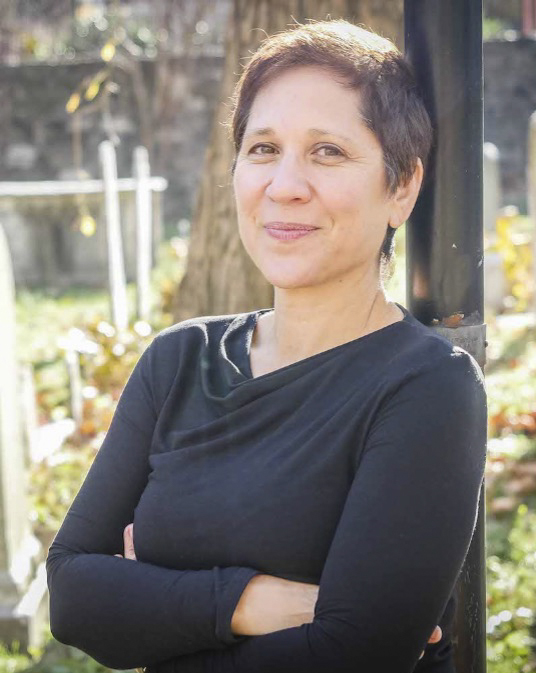Described by those who know her as engaging, sensitive and insightful, author Amy Edelstein’s mission is to support people in growing beyond their expectations.
Edelstein is the founder and executive director of Inner Strength Education, a nonprofit that supports youth development. It uses a trauma-informed methodology to create techniques for teaching around 20,000 Philadelphia high school students.
She will be giving her lecture, titled “Wholeness, Fragmentation and the Mystery of the Emergent Possible,” at 2 p.m. Friday, July 22, in the Hall of Philosophy to close Week Four of the Interfaith Lecture Series on “The Future of Being.”
“The main thing I want to address is our human experience of inherent wholeness, and that sense of goodness in the fabric of life,” Edelstein said. “Our experience on a daily basis in our world (is one) of increasing fragmentation, alienation, difficulty, fear and a sense of brokenness, not wholeness.”
Edelstein wants to understand how people can lean into the discomfort of the fragmentation of the world and recover from it.

“We’re never going to solve our problems from a level that is just experiencing pessimism, futility, frustration and alienation,” Edelstein said. “It won’t give us the wisdom, the expansiveness or the creativity to pull something from the future into the present, which is really what we need.”
She said the digital era gives younger generations a great advantage; there are, however, limits on how great they can be, with increasingly niche communities created by human division.
“We’re seeing a friction between those subgroups, so we’re not seeing the universality of human experience uniting us,” Edelstein said. “We’re seeing the particular belief systems or identities as something that divides.”
The fragmentation of the world is not only affecting human communication, Edelstein said, but the Earth’s natural resources, as well.
People separating themselves into different identities or subgroups may seem beneficial for certain aspects of communication, but not when a group effort is necessary to save the Earth’s depletion of resources.
“We can’t simply will our way into the future,” Edelstein said. “We need a context and perspective, a philosophical system or a theology that will be able to bring us into a vantage point where we can see a higher order of unification.”
Edelstein wants her audience to “feel a profound sense of inspiration and possibility,” realizing that human connection is not a luxury, she said, but also giving creativity and thoughtfulness to respond to the problems going on with the world.
She wants her work to guide the reality of the postmodern world through philosophical and spiritual traditions so it doesn’t dilute the truth and insights of evolving culture. She said the most challenging part of her work is remembering to look at the big picture while working in a very large, very under-resourced school district.
As a meditator for 40 years, 20 to 30 of which were spent in retreats, Edelstein had the opportunity to explore, study and research philosophical questions. Chautauqua gives people a similar sense of space to explore, study and research.
“I love gatherings like the Chautauqua lectures where people can come together and have deep conversations with strangers,” Edelstein said.




